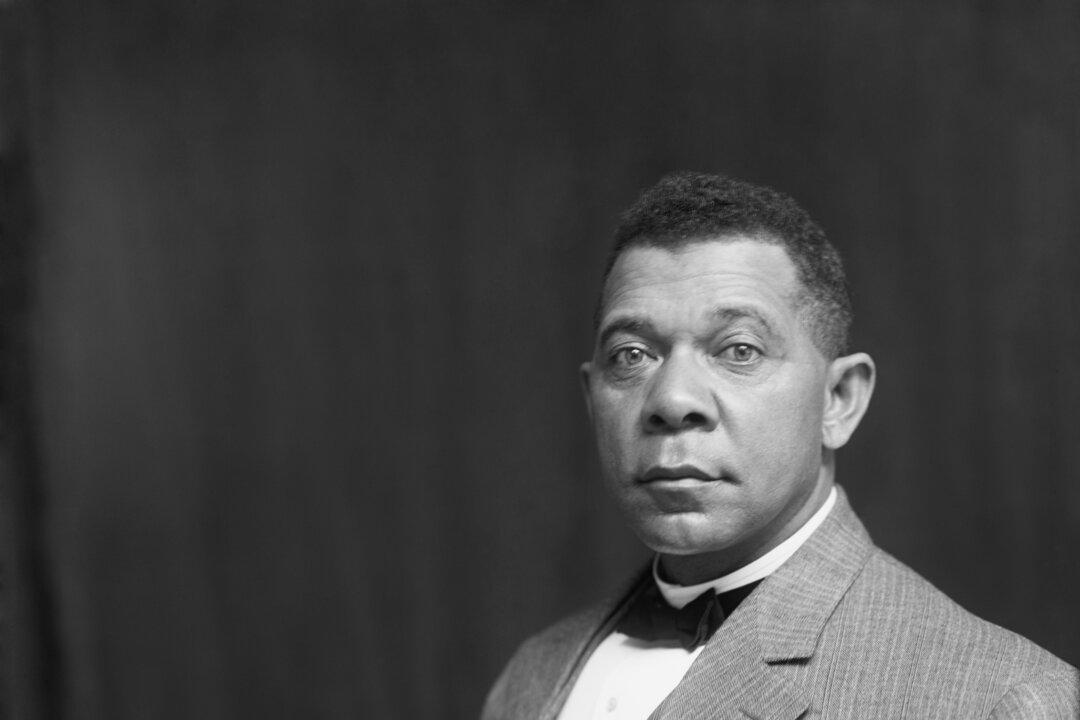Sometimes looking backward can show us the way forward.
Booker T. Washington (1856–1915) was born into slavery in Virginia. After emancipation, his mother took her family to West Virginia, where Washington learned to read, received a rudimentary education, and worked for several years in salt furnaces and coal mines. Ambitious and eager to learn more, he left home to attend the Hampton Institute, a school in eastern Virginia established to educate African Americans.






